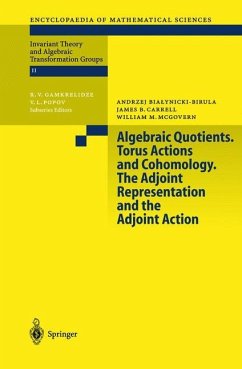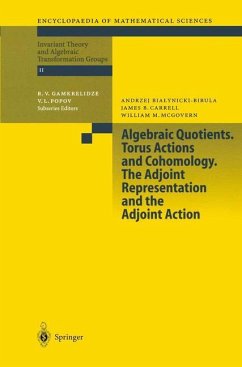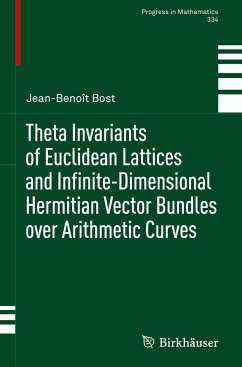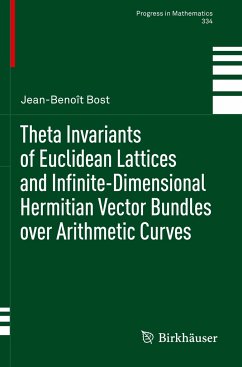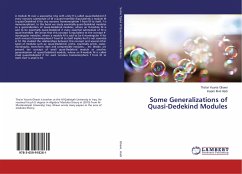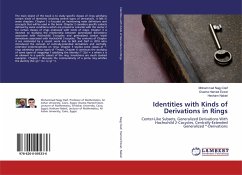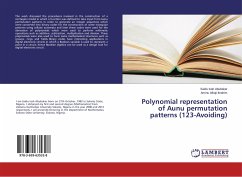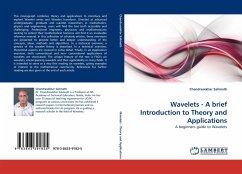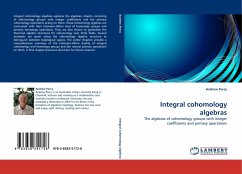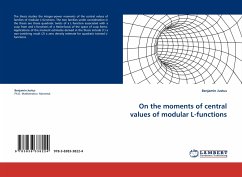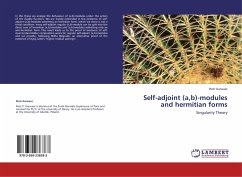
Self-adjoint (a,b)-modules and hermitian forms
Singularity Theory
Versandkostenfrei!
Versandfertig in 6-10 Tagen
32,99 €
inkl. MwSt.

PAYBACK Punkte
16 °P sammeln!
In this thesis we analyse the behaviour of (a,b)-modules under the action of the duality functors. We are mostly interested in the existence of self-adjoint (a,b)-modules admitting an hermitian form, which we show is not a trivial condition: every self-adjoint regular (a,b)-module can be split into the direct sum of hermitian (a,b)-modules and (a,b)-modules admitting only an anti-hermitian form. This result leads us to the proof of existence of self-dual Jordan-Hölder composition series for regular self-adjoint (a,b)-modules and we provide, following Ridha Belgrade, an alternative proof of th...
In this thesis we analyse the behaviour of (a,b)-modules under the action of the duality functors. We are mostly interested in the existence of self-adjoint (a,b)-modules admitting an hermitian form, which we show is not a trivial condition: every self-adjoint regular (a,b)-module can be split into the direct sum of hermitian (a,b)-modules and (a,b)-modules admitting only an anti-hermitian form. This result leads us to the proof of existence of self-dual Jordan-Hölder composition series for regular self-adjoint (a,b)-modules and we provide, following Ridha Belgrade, an alternative proof of the existence of Kyoji Saito's higher residue pairings .



